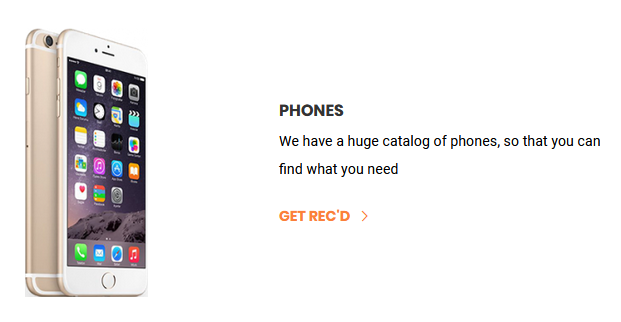Google has just released their new range of Pixel 4 flagship phones and they pack some pretty impressive punches.
The Pixel 4 has been on of the most leaked handsets online, and it turns out a lot of those leaks were right. Due to be released with a camera suited for astrophotography and also a motion sensing radar chip that will turn off some of the functionality to preserve battery life.
So far the Pixel range has struggled to gather serious traction in the UK, currently ranking at 9th, however the reviews all seem positive and Google has said that they are playing the long game.
“Most people in the mobile-phone space… take more than a decade to grow to any significant scale. And so, we have that long-term view.”
The Pixel 3 took off in the States ranking at 5th with over 4.5 million handsets sold, however how attributable this ranking is to the fall out from Huawei is difficult to gauge.
Both the Pixel 4 and Pixel 4 XL have been designed to improve upon handsets which were already pretty great.
Google has put quite a bit of work into their machine learning algorithms in order to develop better colour balance, giving skies and scenery a more natural look.
On top of that the handsets will also come with the Astrophotography mode, allowing the camera to capture “stars, planets and even galaxies” this works by capturing 15, 15 second photos which can take up to 4 minutes so probably better to place it on a stand whilst capturing.
Also this is the first time Google will introduce 2 lenses on the back of one of their phones, which contradicts a statement they made about the fact their machine learning algorithms meant a second camera wasn’t required.
“People are going to see the value in the numbers,” Jonathan Bray, Expert Reviews website, when referring to the iPhone 11 Pro and Samsung Galaxy S10’s, which have 3 rear cameras.
He also went on to say, “And how many people are actually going to use the Astrophotography thing? I’m not sure many.
“Pixel is still really a geek thing rather than mass market.”
The Google Pixel 4 will also be getting rid of the pesky notch, which is on most flagship phones these days, however this will mean that there will be a bezel across the top of the whole screen.
This does allow more tech to be crammed in to the area, especially added security in face-detection, and Google say this will bring them in line with Apple.
Also allowing 180 degree motion sensors, which in turn will check for activity and turn on the screen to movement of any kind i.e. reaching out to the phone will turn it on to help unlock the device quicker. It will also be able to recognise gesture based controls to skip track or swipe through screens without touching the handset, although when your dancing to your favorite tune this could be quite annoying.
The 5.7in handset will cost £669 and the 6.3in model will be £829 when they go on sale on October 24 that’s a lower price than the Pixel 3 at launch.

